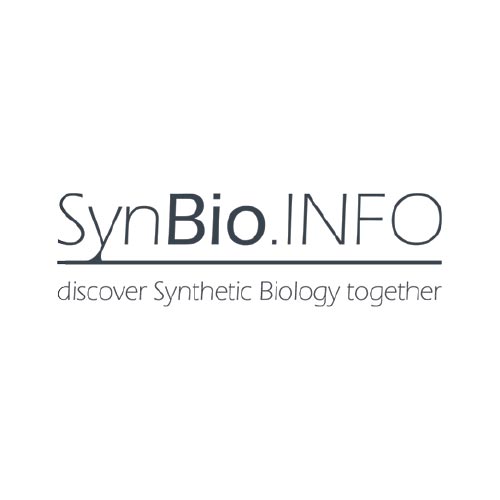The LEAP Catalyst Grants provide seed funding for strategic initiatives that have been developed through the program.
LEAP projects often span the boundaries between disciplines and sectors, making it difficult to attract funding from traditional sources. For this reason, LEAP provides non-dilutive funding to catalyze the implementation of key projects and facilitate the procurement of additional resources. This program cycle, LEAP made four $10,000 awards to Fellows or groups of Fellows to support the implementation of their Strategic Action Plans.
Edward Perello
A growing number of software developers and designers are becoming increasingly inspired and eager to work in biology. However, lateral entrants to the field face a steep learning curve to climb before they can have effective discussions with professional biologists. This Catalyst Grant will help to develop the training resources on SynBio.info that encourage bioliteracy among a diverse range of stakeholders.
These resources will also be used to create a formal organization that can solicit and received support from individual contributors and partner organizations that share our passion to bridge the gap between tech and biotech and expand the bio-economy.
Nicola J. Patron
The debate on plant biotechnology has been heavily influenced by questions of ownership as well as by disillusionment in the engineered traits that have reached market. At the same time, the strategic use of patent rights has delayed the uptake of some technologies, and the need to navigate thickets of proprietary technologies has curbed entrepreneurship. I aim to assess current models of ownership and access to enabling technologies and to pursue the creation of alternatives that can be openly shared, particularly in less-developed world regions. I will also engage with legal, regulatory and political mechanisms that determine access and benefit sharing to plant biotechnologies and genetic resources.
Wieke Betten and Karen Ingram
The “future of biotechnology” as well as “in the public interest” are both complex concepts characterized by scientific uncertainty and value plurality. We (as a creative and an ethicist) want to stimulate a nuanced conversation about biotechnology by highlighting the personal behind the professional, and the strength of connection in communities. By engaging with artisans of different areas of expertise, we will underscore the notion that bioethics is an issue that touches us all. We feel that an appropriate ethics framework—reflective of all ethical families—should be developed. The framework will allow for input to be culled from those involved and affected, and will be sensitive to local context and issues.
Sarah Richardson
Precise information about prokaryotic husbandry is currently the sorry preserve of oral history and undigitized literature. We built a crowd-sourceable strain manipulation, relation, and cultivation database (SMRC). This exhaustive interrogation of phenotype—a type of search available nowhere else—should become the standard by which all microbe characterization is measured. In this iPhone age, if your software doesn’t have a pretty, flexible interface, nobody will use it, let alone make it a crowdsourced powerhouse. This catalyst grant gives us a way to provide a user interface that will get the ball rolling on adoption and data collection.





